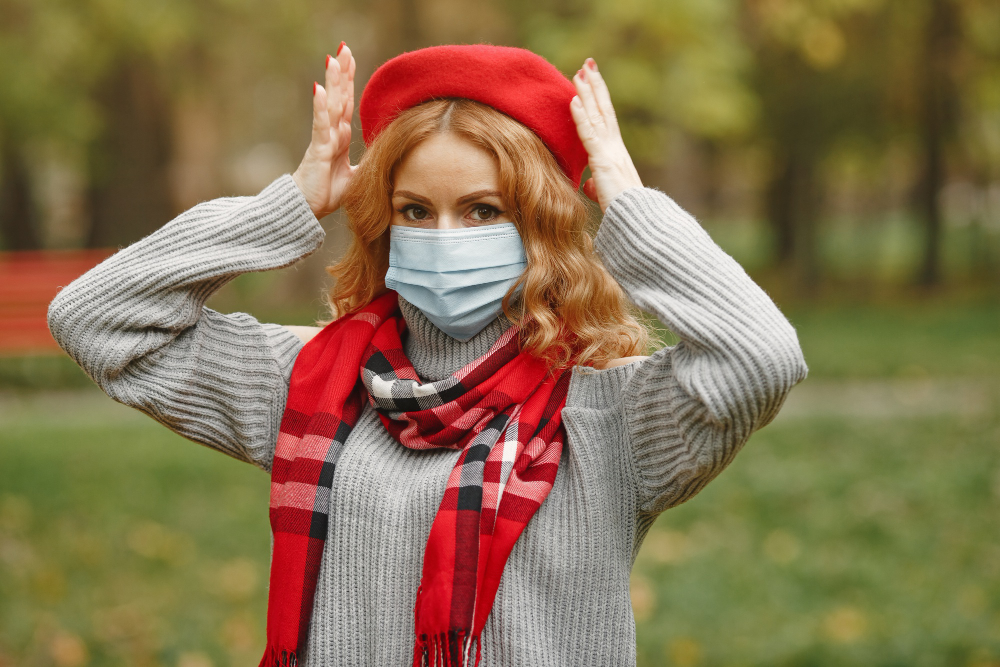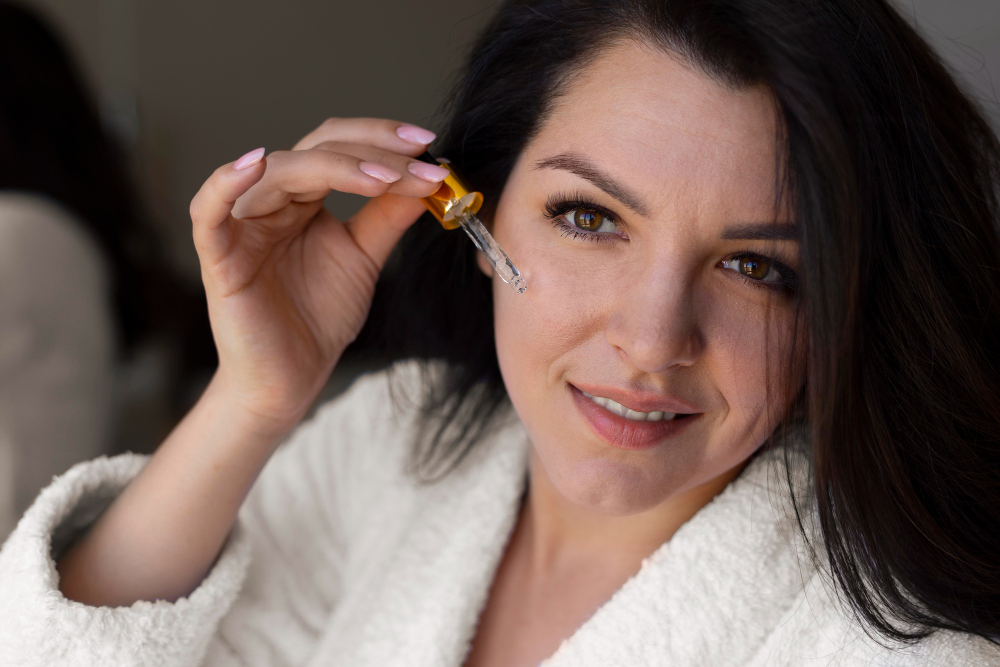Seasonal allergies, also known as hay fever or allergic rhinitis, are triggered by allergens such as pollen, mold spores, and grass, which are more prevalent during certain times of the year. When exposed to these allergens, the body’s immune system produces histamines, triggering symptoms such as sneezing, runny nose, itchy eyes, and congestion. While seasonal allergies can be frustrating and uncomfortable, there are several strategies you can employ to alleviate symptoms and enjoy the great outdoors without the sneezy setbacks.
Know Your Enemy
The first step in managing seasonal allergies is to identify and avoid triggers whenever possible. Pay attention to local pollen counts and try to limit outdoor activities on high pollen days, particularly during the early morning and late afternoon when pollen levels are highest. Keep windows and doors closed during peak pollen season, and use air purifiers equipped with HEPA filters to remove allergens from indoor air. Additionally, consider wearing sunglasses and a hat when outdoors to prevent pollen from coming into contact with your eyes and hair.
Rinse Away Irritants
Nasal irrigation, also known as nasal saline irrigation or nasal lavage, is a simple and effective technique for flushing out allergens and irritants from the nasal passages. To perform nasal irrigation, use a saline solution or a saline nasal spray to gently rinse the nostrils and sinuses, helping to clear congestion and reduce inflammation. Nasal irrigation can be performed several times a day, particularly before bedtime and upon waking, to provide relief from seasonal allergy symptoms and promote clearer breathing.
Finding Relief
Over-the-counter (OTC) medications can provide temporary relief from seasonal allergy symptoms, including antihistamines, decongestants, and nasal corticosteroids. Antihistamines work by blocking the action of histamines, reducing symptoms such as sneezing, itching, and runny nose, while decongestants help relieve nasal congestion by narrowing blood vessels in the nasal passages. Nasal corticosteroids reduce inflammation and swelling in the nasal passages, providing long-lasting relief from congestion and other allergy symptoms. Be sure to read and follow the directions on OTC medications carefully and consult a healthcare professional if you have any questions or concerns.
Long-Term Relief
For individuals with severe or persistent seasonal allergies, allergy shots, also known as allergen immunotherapy, may be recommended. Allergy shots work by gradually desensitizing the immune system to specific allergens, reducing the severity of allergic reactions over time. These injections are typically administered by a healthcare professional in a series of treatments, with each treatment containing increasing amounts of allergen extract. While allergy shots require a significant time commitment and may take several months to show results, they can provide long-term relief from seasonal allergy symptoms for many individuals.
Harnessing Nature’s Power
Several natural remedies may help alleviate seasonal allergy symptoms and provide relief without the side effects of medications. These include herbal supplements such as butterbur, quercetin, and stinging nettle, which have been shown to possess anti-inflammatory and antihistamine properties. Additionally, incorporating local honey into your diet may help desensitize the immune system to local pollen allergens over time, reducing the severity of allergy symptoms. Other natural remedies include steam inhalation with essential oils, such as eucalyptus or peppermint, to clear congestion and soothe irritated nasal passages.
Bidding Adieu to Allergy Woes
In conclusion, while seasonal allergies can be a nuisance, there are numerous strategies you can employ to alleviate symptoms and enjoy the changing seasons with ease. By identifying triggers, practicing nasal irrigation, using OTC medications, considering allergy shots, exploring natural remedies, and seeking guidance from a healthcare professional, you can bid adieu to allergy woes and embrace the beauty of spring, summer, and fall without the sneezes, sniffles, and itchiness. With a proactive approach and a bit of patience, you can conquer seasonal allergies and enjoy the great outdoors with confidence and comfort.




